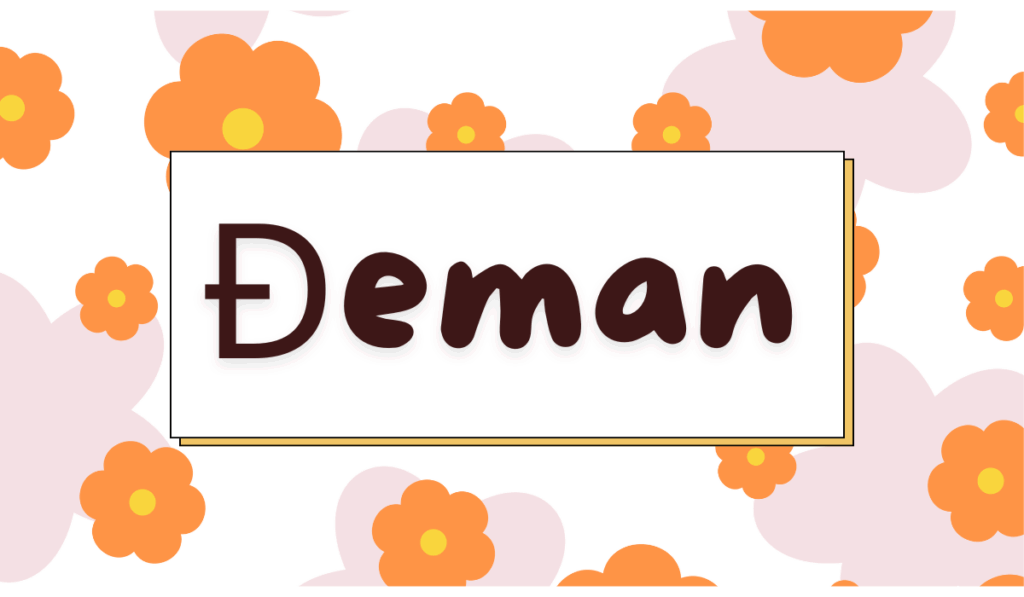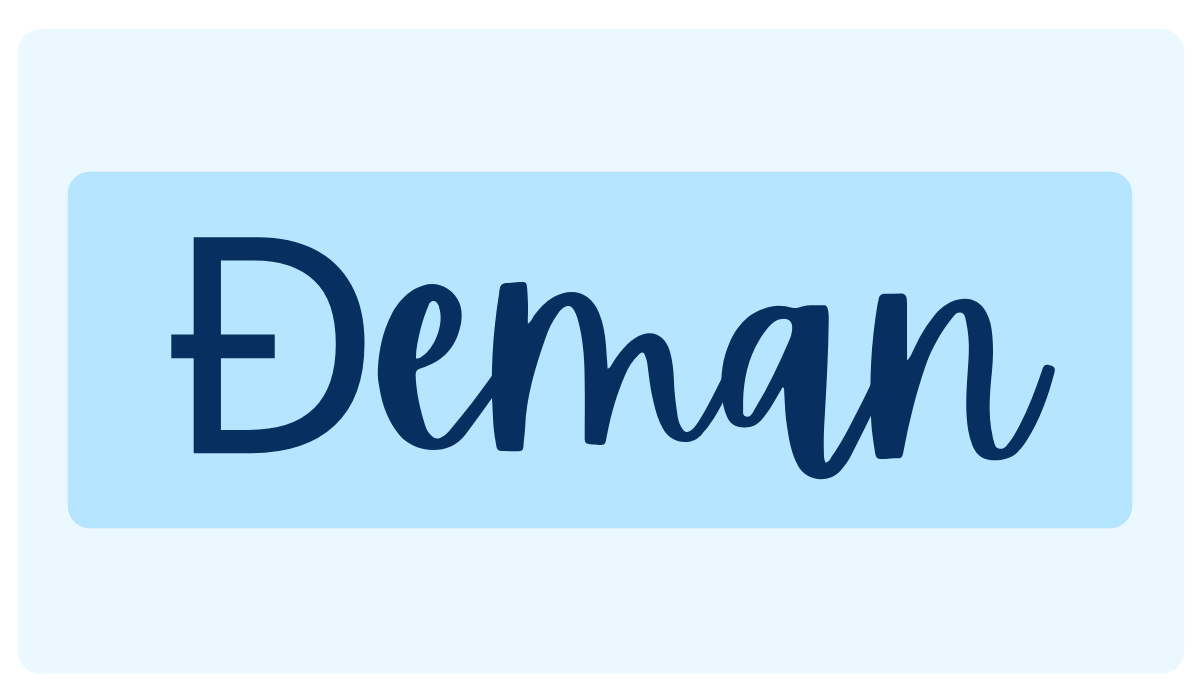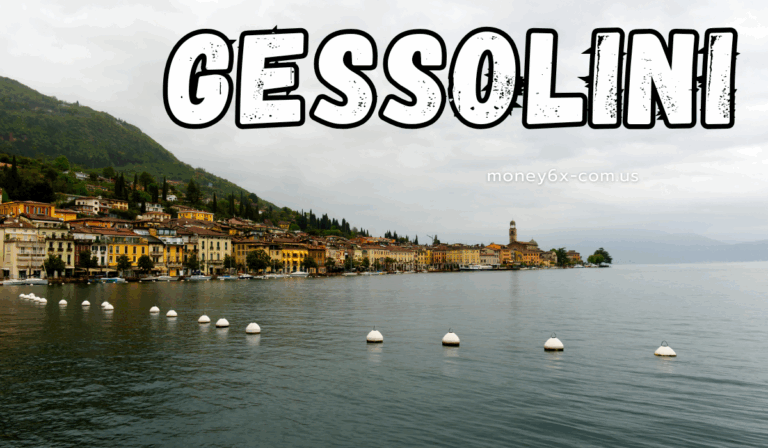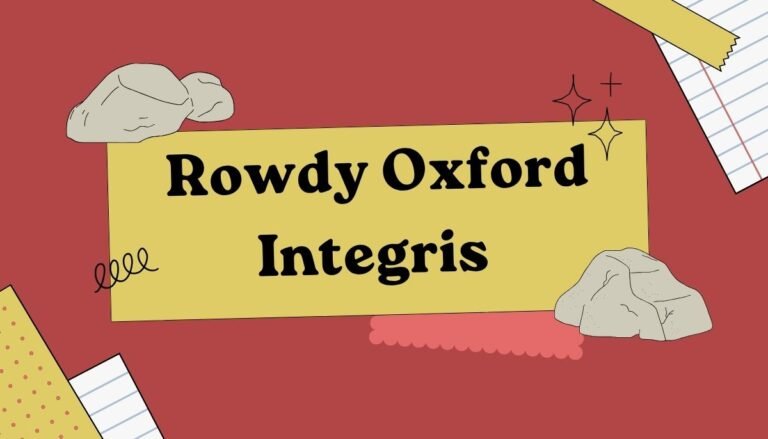Đeman: Explore the Story, Meaning, and Cultural Significance
In the rich cultural and linguistic landscapes of the Balkans, some words carry mystique far beyond their literal meaning. One such word is “đeman”. Rare, evocative, and layered with folklore, emotion, and even philosophy, “đeman” is not just a term — it’s an experience, a cultural node that bridges tradition and modernity.
This article dives deep into the roots, representations, and renaissance of đeman, uncovering its origin, cultural depth, and its evolving place in today’s world. Whether you’re a language enthusiast, a cultural explorer, or someone intrigued by unique expressions that defy translation, the world of đeman is a treasure waiting to be explored.
What Is “Đeman”?
At first glance, đeman may seem like a peculiar or even mysterious word, especially to those unfamiliar with South Slavic languages. In certain Balkan dialects — particularly in Bosnia and Herzegovina, parts of Serbia, and Montenegro — “đeman” is used as a colloquial term that conveys refinement, beauty, or grace.
But its meaning isn’t fixed. Depending on tone, context, and culture, đeman can be a compliment, a joke, or even a poetic reference. It’s used to describe people, gestures, clothing, and sometimes moments of charm or elegance.
The versatility of đeman is what makes it so fascinating.
The Etymology of Đeman
To understand đeman, we must journey into the language’s evolution. Many linguists believe the word has roots in Turkish or Arabic origins, derived from the word “jeman” (جمان), meaning pearl or jewel. This makes sense given the centuries-long Ottoman presence in the Balkans, where cultural and linguistic borrowing was common.
Much like a pearl, đeman came to signify something rare and beautiful. In everyday usage, this word morphed into a descriptor for someone or something that shines — not always in a literal sense, but often in terms of personality, charm, or aura.
Đeman has become a linguistic gem — an embedded relic of cross-cultural fusion.
Cultural Context: How “Đeman” Is Used Today
In modern Balkan societies, đeman is typically used in a positive light. For example:
- A man may say: “Vidi je, đeman prava.” (“Look at her, a true beauty.”)
- A grandmother might refer to a polite child as a “đeman of a boy.”
- In poetry or songs, đeman often symbolizes something precious or pure.
The word has also made its way into memes and street slang. In urban culture, especially among younger generations, đeman has been reborn as a term of endearment or style. You might hear someone say, “Ovaj outfit ti je đeman,” meaning “That outfit is sleek/stylish.”
The beauty of đeman lies in its adaptability — it’s elegant without being formal, colloquial without being crude.
Đeman as a Concept: Beyond Language
Words are not just tools of communication — they are vessels of worldview. Đeman transcends simple definition. It embodies a Balkan sense of beauty that is tied not only to aesthetics but also to character and aura.
In rural villages, being a đeman might mean being respectful, well-dressed, and composed. In urban settings, it might mean being fashionable and confident. There is no universal definition — and that’s the point. Đeman is inherently subjective, shaped by community and context.
It’s a social signal, a form of praise, a badge of charisma.
Why the Word “Đeman” Matters in a Digital World
In today’s globalized and digital-first society, unique regional words often face extinction. But the case of đeman is different. Instead of fading, the word has found new life online. Social media platforms like TikTok, Instagram, and Twitter (X) have helped revive and rebrand old words, and đeman has been a prime beneficiary.

- Hashtag Culture: #đeman is used to celebrate beauty, style, and attitude.
- Meme Pages: Balkan meme creators frequently use “đeman” in humorous, ironic, or nostalgic posts.
- Music & Art: Young Balkan artists, especially in genres like trap or turbo-folk, use the word to evoke both glamour and street charm.
This digital reincarnation proves that đeman is more than a relic — it’s a living, breathing linguistic phenomenon.
The Symbolism of Đeman in Folklore and Storytelling
Balkan folktales often feature characters who are graceful, wise, and alluring — and while they might not be called đeman in every story, the essence of the word permeates these characters. In traditional epic poetry, female figures are described with metaphors like “eyes like jewels” or “walk like silk” — all concepts that align with the đeman archetype.
Symbolically, đeman embodies balance: external elegance and internal strength. It’s the refined warrior, the humble beauty, the quiet charisma.
Đeman in Fashion and Style
Fashion in the Balkans has long been a statement of pride and personality. In this context, đeman becomes a metric. A person who dresses well, carries themselves confidently, and respects the occasion is often considered a đeman.
Interestingly, local fashion brands and influencers have adopted the term, using it to label their collections or describe their style ethos. For example:
- Clothing line: “ĐemanWear – Elegance from the Streets”
- Instagram bios: “Full-time đeman, part-time dreamer”
The word carries a street-smart prestige — it’s elegant, but never out of touch.
Gender and the Fluidity of “Đeman”
One of the most fascinating aspects of đeman is how it crosses gender boundaries. While traditionally used to describe women, the word today is increasingly gender-neutral. Men, women, and non-binary individuals are all embraced under the umbrella of đeman, provided they carry the vibe.
This shift reflects broader cultural changes. Gender norms are evolving, and language evolves with them. In this light, đeman becomes a progressive term — one that values individuality over convention.
Psychological and Emotional Resonance of Đeman
Why does đeman resonate so deeply with those who use it? The answer may lie in its emotional layers.
Đeman is aspirational. It represents a way of being — calm but confident, humble but proud, elegant but grounded. It’s a word that touches on:
- Self-esteem: Being called a đeman is validating.
- Belonging: Using or hearing the word creates a sense of community.
- Identity: It offers a way to express Balkan-ness with flair.
It’s no exaggeration to say that đeman is emotional shorthand for Balkan grace.
Conclusion: The Legacy and Future of “Đeman”
In an age where language evolves rapidly and cultural expressions are constantly redefined, đeman stands out as a term of enduring relevance. It is poetic yet practical, rooted yet fluid, nostalgic yet modern.
From folklore to fashion, memes to music, the word đeman has carved out a niche that is both personal and collective. It tells a story of elegance — not just in appearance, but in presence. It is the word that compliments without clichés, that flatters without fawning.
Whether you’re hearing it in a traditional song, reading it on a meme page, or being called a đeman yourself — know that this word carries centuries of charm, character, and cultural pride.
VISIT WEBSITE FOR MORE BLOGS: money6x .com







